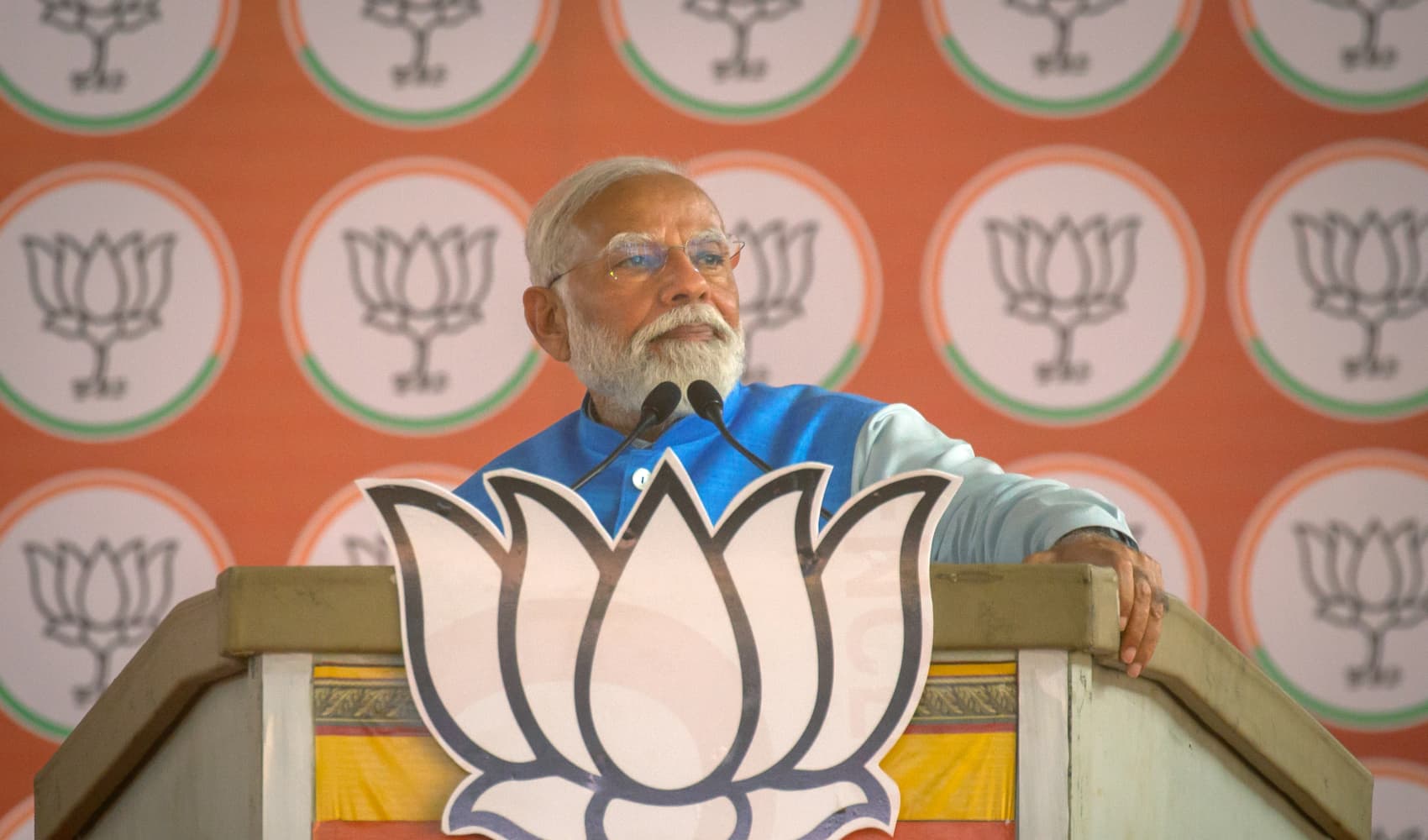
- Cleveland Federal Reserve President Loretta Mester said the central bank will be prepared to hike rates at any meeting.
- Mester added she favors an aggressive reduction in the Fed's balance sheet, which she said should include outright sales of mortgage-backed securities.
Cleveland Federal Reserve President Loretta Mester laid out an aggressive plan for reducing easy-money policies this year, saying the central bank will be ready to hike rates at any meeting and should be looking at shedding mortgage-backed securities it is holding.
"Each meeting is going to be in play," Mester said Wednesday at a virtual event hosted by the European Economics and Financial Centre. "We're going to assess conditions, we're going to assess how the economy's evolving, we're going to be looking at the risks, and we're going to be removing accommodation."
Get DFW local news, weather forecasts and entertainment stories to your inbox. Sign up for NBC DFW newsletters.
Her comments come with markets widely expecting the Fed to raise its benchmark short-term borrowing rate at its March meeting. Traders are pricing in at least four more increases through the course of the year.
Mester said she sees a March hike lately but doesn't expect to raise the rate by more than 25 basis points, or a quarter percentage point, as is the norm. But she was emphatic that it's time for the central bank to start reversing the historically accommodative measures it took during the Covid pandemic crisis.
"I don't like taking anything off the table," she said. "I don't think there's any compelling case to start with a 50 basis point [increase]. Again, we've got to be a little bit careful. Even though you can well telegraph what's coming, when you take that first action, there's going to be a reaction."
Money Report
Mester is a voting member this year of the Federal Open Market Committee, which sets interest rates and other monetary policy measures. She noted she will be watching inflation closely. If it declines over the course of the year, that would lead to fewer rate hikes, while an acceleration would prompt more hawkish action.
Another big question for the Fed this year is in how it will start reducing the portfolio of bonds it has acquired through monthly purchases. The central bank's total balance sheet is close to $9 trillion, having doubled during the pandemic.
The Fed is likely to allow some of the proceeds from its holdings to roll off each month while reinvesting the rest. However, Mester advocated a more active approach, in which the Fed would sell outright some of the $2.66 trillion in mortgage-backed securities it is holding.
In the last balance sheet reduction, which ran from 2017 to 2019, it used a passive roll-off.
Like other officials, Mester noted the conditions are different this time: The holdings are far larger and the economy is in a stronger position, so the balance sheet reduction can be done more quickly.
She advocated that the central bank shed its mortgage holdings and focus on the Treasury market.
"I do think it's important that the Fed not be allocating its credit to particular sectors," Mester said.
The Fed's monthly asset purchases have been cut back to $60 billion and are expected to end completely by March. Market opinion is coalescing around the balance sheet reduction beginning in the summer.
Earlier in the day, Atlanta Fed President Raphael Bostic also called for several rate hikes this year and a quick reduction of the balance sheet holdings.






